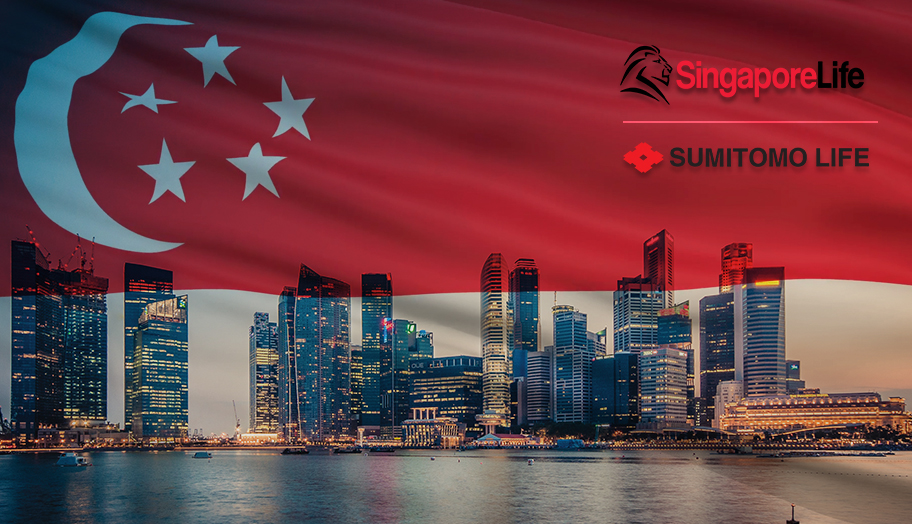Singapore Life, a financial technology company, specializing in insurance and wealth management, has secured a US$90 million funding from Sumitomo Life Insurance. The Japanese major life insurer has also taken over about 25% in Singapore Life.
The investment raised the valuation of Singapore Life to US$358 million, according to Walter de Oude, the fintech’s CEO. Singapore Life will use the fresh funding primarily to step up its “mobile-first” initiatives.
De Oude said that despite consumer’s increased access to a host of financial products and services, none of them is fully integrated into their mobile-first lifestyles. It is because of this pain point that Singapore Life was born, to encourage people to step up their insurance experience.
Sumitomo Life CEO President and CEO Masahiro Hashimoto said the investment takes place as the group expects a rapid boost in the life insurance sales in Southeast Asia, particularly in Singapore.
The Japanese insurer’s latest investment raised Singapore Life’s total funding to US$153 million. Before Sumitomo Life’s investment, other investors had injected funds into the fintech. Earlier, Aberdeen Standard Investments purchased a US$13-million stake in Singapore Life. US insurer Aflac also acquired another equity stake worth $20 million.
Late last year, businessman Michael Spencer, the founder of the UK brokerage NEX Group also poured US$50 million into the fintech. This move doubled his stake at that time to more than 60%.
At the start of 2018, Singapore Life took over Zurich Life Singapore’ business portfolio, acquiring all the policies of Zurich Life Singapore’s customers. The portfolio, which is made up of coverage for life, critical illness, and disability benefits, amounted to around S$6 billion (US$4.42 billion).
Fintech companies combining innovative financial services with digital technologies in Southeast Asia have emerged in waves to address the region’s lack of access to basic financial services such as retail banking, credit cards, loans, and insurance. Global consultancy firm McKinsey Global Institute said that the 266 million people in Southeast Asia still have limited access to these services.













